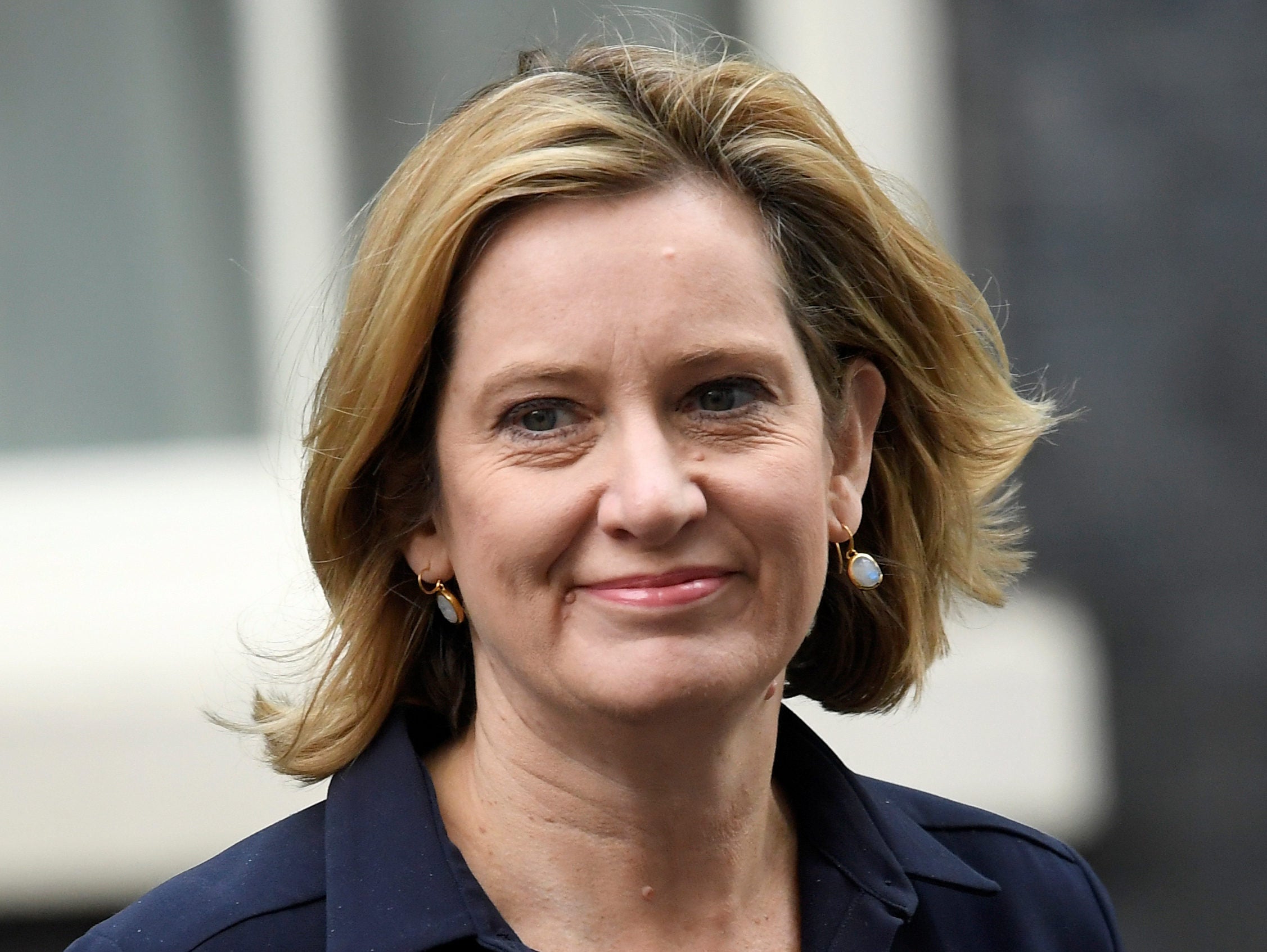
Fresh plans to update counter-terrorism laws to make viewing extremist content online an offence will include an exemption for journalists.
Under existing legislation only possessing information likely to be useful to a terrorist is a terrorism offence.
Plans to be unveiled by Home Secretary Amber Rudd at the Conservative Party conference today will boost laws meaning extremists who repeatedly view terrorist content online could face up to 15 years in jail.
It is understood that journalists, as well as academics and other professionals, who view terrorist content will have a “reasonable excuse” defence for legitimate work.
Home Office analysis found that over the last 12 months, Islamic State supporters have published almost 67,000 tweets in English promoting its propaganda.
Rudd said: “I want to make sure those who view despicable terrorist content online including jihadi websites, far right propaganda and bomb making instructions face the full force of the law.
“There is currently a gap in the law around material which is viewed or streamed from the internet without being permanently downloaded.
“This is an increasingly common means by which material is accessed online for criminal purposes, and is a particularly prevalent means of viewing extremist material such as videos and web pages.
“Changes will enable police and the security service to keep pace with modern patterns of internet use and intervene earlier in an investigation given the speed with which online radicalisation is taking place.
“It is also right that the cowardly targeting of the men and women who serve our country is punished in the severest terms.
“We are continuing to urgently press the internet companies to do more to stop this kind of vile material being available on their platforms in the first place.”
Rebecca Vincent, UK bureau director for press freedom pressure group Reporters Without Borders said: “This latest announcement is cause for serious concern for journalists, human rights campaigners, and others with a legitimate need to view extremist content.
“These plans are downright dangerous when viewed in the context of other recent worrying moves to restrict press freedom in the UK, such as the adoption of the menacing Investigatory Powers Act, the proposal for an alarming new Espionage Act, and Rudd’s previous calls to restrict encryption tools.
“It is becoming increasingly difficult and risky for journalists to do their jobs in the UK.”
Picture: Reuters/Toby Melville
Email pged@pressgazette.co.uk to point out mistakes, provide story tips or send in a letter for publication on our "Letters Page" blog
